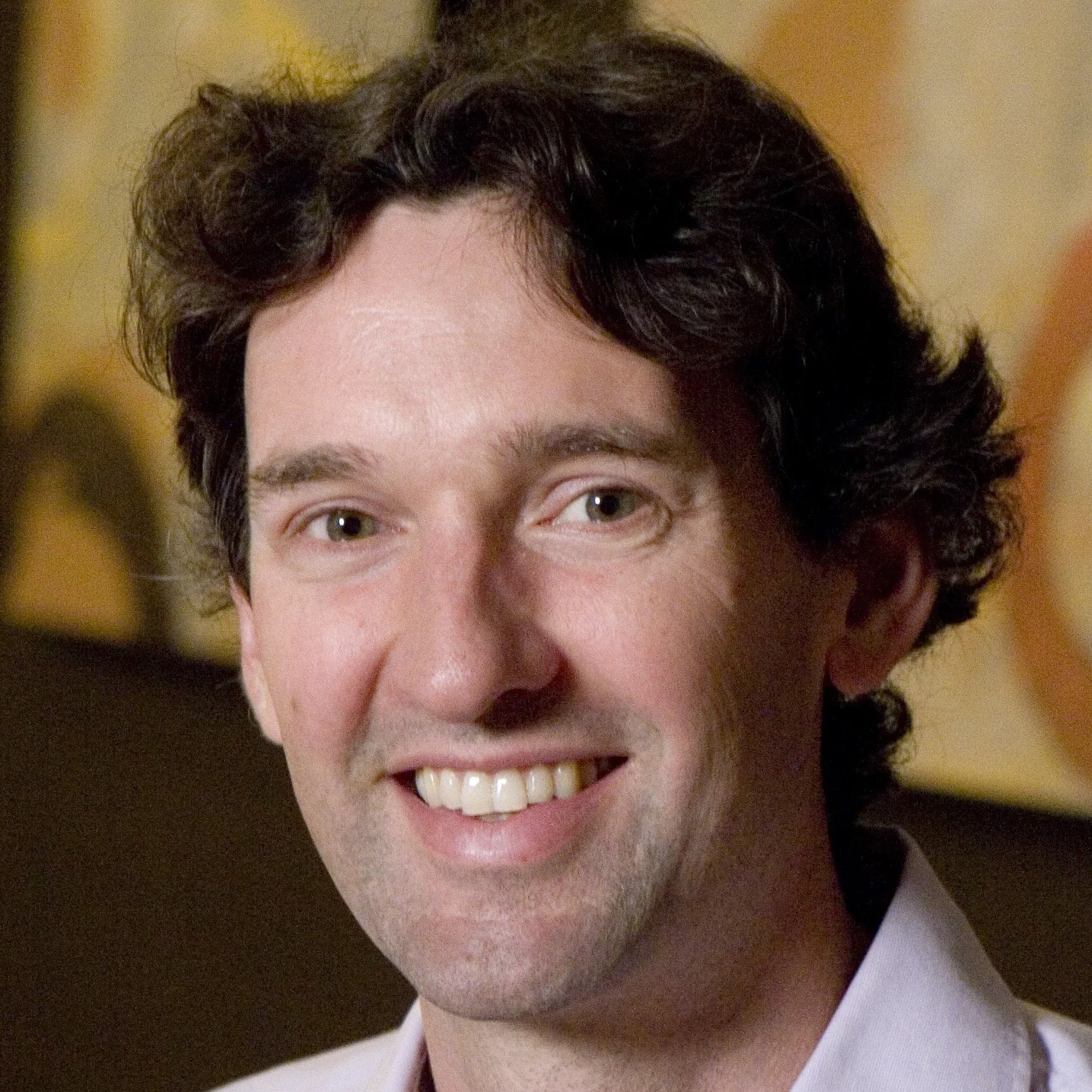DR. STEVEN ALLISON - Professor of Ecology, UC Irvine - Director of Newkirk Center for Science & Society
/Professor of Ecology at UC Irvine
Director of Newkirk Center for Science & Society at UC Irvine
It’s basically a seed bank of genetic and metabolic diversity. The Earth’s entire microbiome is just a tremendous treasure trove of history, evolution, and diversity. So I would say we have no idea what’s in a lot of that diversity. It's like the dark matter of the universe. People call it the dark matter of the microbiome, and we're still figuring out what that matter does. We know that they're tremendously diverse. The sequencing revolution that happened over the last 20 or 30 years has made it possible to measure the diversity, but we don't know what that diversity is really doing or how to harness it if we need it. So would be wise not to disrespect it.
















